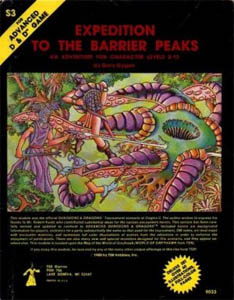Yeah, this is badwrongfun. I'm not buying into it. If I say "I will never allow spaceships into my game" is that okay? What about "I will never allow a player to literally play Darth Vader, traveled back through time into my homebrew fantasy campaign setting"? At what point is it okay to say "never" in your mind? If your answer is "never", then I think you're definition of a "great" GM is pretty outrageous.
No, I wouldn't fudge. I might work with him to help achieve his goal, but I
will not fudge the dice. I'll give advice, be informative, and the like, but I can tell you that I won't fudge the dice. I roll in the open for a reason: trust. They trust me not to. And I wouldn't betray that trust. Also, the way the dice fall make for an emotional impactful game, from my experience.
Yes, I stick to it. My game, my rules. I'll work with you within my rules. If you don't like it, we can try to work something out within my rules. If that's not possible and the person is unwilling to budge, then we'll have to part ways.
When I run a game, I'll run it in a way that is enjoyable to me. I have complete control over my game. I make that explicitly clear when I run a game to new players. However, they have the right to walk. And, I think that if I was unreasonable, my players would. I've yet to have a player walk, though I've had kicked players out. I've had my two newest players stop their other gaming groups to play in mine, even though the days didn't conflict (they just found the other games unsatisfactory after about a month of me running the game).
I'm not unreasonable. I do rigidly stick to rules I establish. Sorry if you can't be time travelling Darth Vader. If that makes me shy of a "great" GM to you, so be it. I'm okay thinking that's utterly baseless and false.
That's true.
In the context given in this thread, I'd take it the same. Not that I took your statement badly, I just find it false on its face.
Whereas I think that nearly everyone draws lines somewhere. It's just a matter of where those lines are. As always, play what you like




